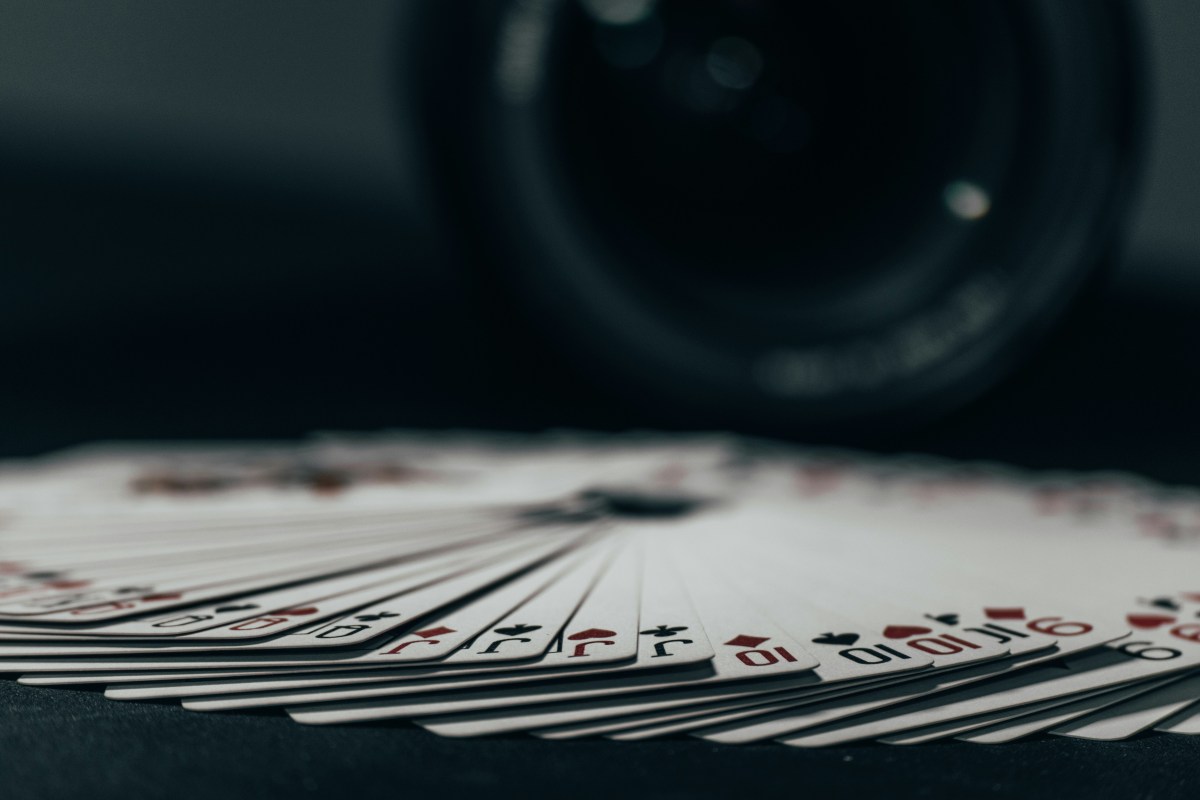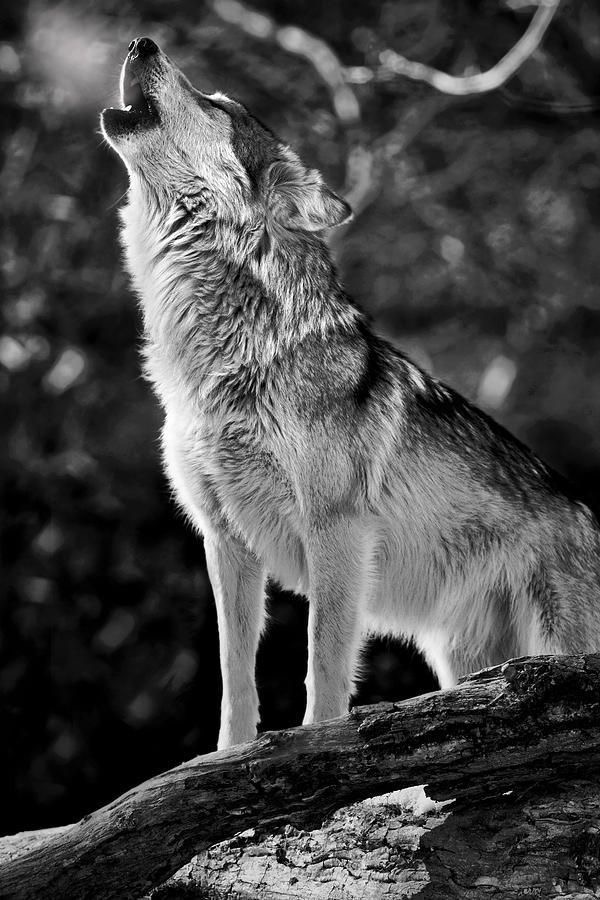Let’s kick this off with a bit of a thought exercise…
Imagine for a moment that you judge people solely based on the colour of their skin. Or perhaps you hold prejudices against their sexuality, gender, race, religion, political beliefs, or something else. The specifics don’t really matter just yet because we’ll be cycling through various biases together soon enough. What’s important is that, for the sake of this exercise, you agree to judge others based solely on some arbitrary measure or another. You’re not concerned with their character, actions, or how agreeable they are. It may not even matter how they look once our chosen metric relates to an affiliation or belief. All you care about is this one thing—a single, indiscriminate criterion that dictates whether they’re worthy of your admiration or disdain.
Now, picture every single person on this planet—man, woman, or child—lined up according to how closely they align with your chosen metric. For simplicity, imagine they’re arranged by skin colour, from the fairest of skin tone to the darkest. Regardless of where on this spectrum your admiration lies, you know that somewhere near the opposite end is a group of people you must detest.
Next, imagine you’re tasked with pinpointing the exact spot along the length of this line where your feelings shift—where someone stops being worthy in your eyes and becomes someone of lesser value than the person next to them due to the colour of their skin. You already know that there’s a group you hate because they’re different from you—they’re either too dark or too light. But where exactly does that group begin? Could you confidently single out the person where everyone beyond them is deemed inferior?
How dark is too dark? How light is too light? Are you comfortable selecting a point in the line where you’ve undoubtedly included small children and babies among those you’ve decided to abhor? And what do you do when someone who, based on their ethnicity, should have a darker complexion ends up on the lighter side of the spectrum? Or when someone of Caucasian descent has skin dark enough to place them closer to the darkest end? Does the fact that skin and race are indiscriminate of one another amplify the complexity of the task at hand?
Chances are, this isn’t an easy concept to grasp. It might be straightforward when dealing with extreme differences, or the endpoints of our line. But when those differences are subtle, identifying the point where one person becomes lesser than the next becomes much harder. Someone you might have condemned based on their skin colour if assessed in isolation could end up in the surprisingly large group that you find not different enough from yourself to warrant loathing.
Now, let’s try again, this time arranging people by religious creed. Maybe you’re an atheist, a Muslim, a Christian, a Shinto, or a follower of Sikhism. Regardless of your belief, you’ve decided that anyone who shares or practices your faith is admirable, and anyone who doesn’t is to be despised. What does your line look like now? Does shuffling people based on their beliefs make it easier to identify where your willingness to tolerate different ends?
If you’re a Christian, do you accept followers of Judaism or Islam? After all, all three religions share concepts like sacrifice, justice, peace, the afterlife, and loving God. Is it not splitting hairs to decide that someone’s beliefs or practices are close enough to your own to be accepted, while the person standing next to them —who shares many similar principles, should be reviled? And how do you account for someone who says they believe what you do, but is non-practicing? Are they placed before or after someone who actively engages in worship even if that worship doesn’t look exactly like your own?
Alright, one last scenario. Let’s narrow down the number of people in our line and see if that makes things easier. Because if you’re anything like me, judging someone based off their skin colour, or beliefs isn’t easy. So this time, we’ll limit the line to people from your own country and arrange them by their political affiliations—from those who most align with your views to those whose stance is the least like your own.
Could you walk along the line and locate that specific point where your agreement or indifference turns to hate? If you’re on the left, do you detest someone on your side of the aisle if they agree with a comment or policy from the right? Or if you’re on the right, can you accept that there are people on the left who appreciate, or even respect, the political leaders of your preferred party? Again, how different is too different? And how much divergence from your own viewpoints are you willing to accept?
This isn’t easy is it?
The theoretical exercise you’re being asked to perform is highly problematic. It drastically oversimplifies complex issues like identify and discrimination, whilst simultaneously reinforcing harmful stereotypes. And that’s before you begin to factor in the multifaceted idiosyncrasies that, for better or worse, make each of us unique. Chances are that if you were actually faced with performing this task, you’d wind up confused and frustrated before ultimately throwing your hands in the air at the impossibility of the assignment, or selecting a location within the line at random.
We’re going to put a pin in this exercise and come back to it. But first… Let’s briefly talk about online poker.
Or more specifically, we’re going to talk about doomswitches. A doomswitch is a hypothetical mechanism that online poker players believe a gaming site can toggle to rig a game either for or against a player. When a player claims to have been “doomswitched,” they describe going through a series of seemingly skewed hands where their losses pile up quickly, making it feel as though the site is intentionally working against them.
In reality, players understand that while poker is largely a game of skill and probability, there’s also an element of luck and randomness involved. They know that the concept of a doomswitch is just a joke. Sometimes, no amount of skill can overcome the randomness of being dealt a two and seven off-suit or facing a beginner who defies the 1-in-649,739 odds to hit a royal flush. Yet even though poker players use the term with tongue in cheek, it still lends itself quite nicely to where I was heading with those endless lines of people…
The world feels as though it has become an increasingly chaotic place. People are divided, angry, struggling with rising living costs, caught up in culture wars, real wars, or venting online over some perceived slight. Many feel isolated or alone, and like the hits just keep on coming—almost like someone has flipped a doomswitch in their lives, skewing the hands they’ve been dealt.
But that’s not entirely true…
Yes, inflation is straining many households, and the financial pressure is very real. Similarly, there are very real conflicts resulting in the needless deaths of far too many. But let’s set these ubiquitous facts aside for a moment and talk about some of the other factors driving division. To do that, let’s revisit the idea of our endlessly long lines of people and examine why it’s so hard to quantify hate when we’re all standing shoulder to shoulder. The answer is simple: we’re all connected, and we’re not as different as we are led to believe.
If we go back to our original line arranged by skin tones, the person at the very start and the one at the very end of that line would share a human genome where 99.9% of their genetic material is remarkably similar. Within that remaining 0.1% would be the single nucleotide polymorphisms that would define our race, as well as the bases that makes each person unique.
If we consider our line based on secular beliefs, there really isn’t much difference between an atheist who believes in treating people with respect and a Christian who follows the Golden Rule. Or a Muslim who abides by the principle of “an eye for an eye”. The teachings are the same. They’re just delivered differently. Even in our political line, there’s more common ground than we realise. Even in a country as seemingly divided as the U.S., over 100 policies have majority bipartisan support.
So why do we feel so divided? Why are we so often afraid or angry?
Because fear and division sell. And there are people so desperate for their five minutes of fame that they’ll exploit our minor differences, prying them apart until those insignificant cracks feel like chasms.
These bad actors often speak in absolutes, using polarising language to incite anger or fear. They do this not because they truly believe in what they say, but because they don’t need to. Their goal is to gain trust, not to stand by their words. If they can frustrate and antagonise, they can also mobilise and achieve their own ends; whatever they may ultimately be. But here’s the thing; the only people who speak in absolutes are absolute liars.
Politicians don’t genuinely believe their opposition will cripple a country; they just want to be part of the ruling majority, and are sometimes prepared to make morally ambiguous decisions or proclamations to do so. Many racial or religious bigots don’t hate based on race—how could they? Race is a socially constructed concept that can shift depending on numerous factors. Instead, they harbour hatred for nonsensical reasons, often rooted in something within themselves they refuse to acknowledge.
Writing about bad actors always feels a bit disingenuous. I don’t blog as much as I used to, primarily because I’ve come to realize that the loudest voices are often the least inspired. Creating content that might be shared on platforms where disinformation spreads intentionally—or misinformation inadvertently—feels like I’m no better than the very people this post aims to condemn. But despite the contradiction of me standing on my own soapbox here, there is a point to all of this that makes me feel almost OK about temporarily becoming the kind of person I despise.
We live in a unique time. Thanks to platforms that thrive on cloud capital and likes, our overexposure to content, and our tendency to overinvest in the words and images projected onto screens, people, organizations, and algorithms have become increasingly adept at finding and exploiting the tiny fissures between us. These differences are then widened into gorges that many of us become fearful to cross. The more fearful or hateful we become toward our neighbours, our government, or anyone else, the more likely we are to consume—or even produce—misinformed content that keeps ourselves and others perpetually fixated on our devices.
We’ve become ensnared by emotive language and progressively polarizing ideas pushed by incendiary individuals who just want our attention. They create content to keep us glued to screens, making it feel as though someone has flipped a doomswitch in our lives, convincing us that they alone have the answers to all this manufactured fear and division.
But if that’s true, where do we go from here?
Honestly, wherever you choose. After more than a decade of blogging that has seen me endlessly transitioning from enamoured to disillusioned with sharing thoughts and opinions online, I’ve come to understand that trying to change someone’s mind is like playing chess with pigeons. It doesn’t matter if you win—the pigeon is still going to defecate all over the board and strut around like it won anyway.
There’s no profound insight here. And the words that I write won’t have the slightest impact on those who think differently than I do. Instead, there’s just one man’s realisation that the world of division and hate speech we seem to be hurtling toward doesn’t feel fulfilling, palatable, or even representative of reality.
Despite what many bad actors say, there’s much more to the world than black and white, left or right, or whatever binary they choose. Much like the lines we draw, there’s a middle ground. And once you consider that middle ground, the differences that some people or organizations exploit become much less significant. You begin to realize that, much like a game of online poker, everyone in this world is just trying to play the hand they’ve been dealt. Most of us aren’t inherently evil or wrong; we’re just trying to make the best of the cards we have. Unfortunately, sometimes we’re led astray by a handful of bad actors and fuck-heads who attempt to engage our doomswitches to divide and segregate for their own selfish means.



 Chris Nicholas
Chris Nicholas